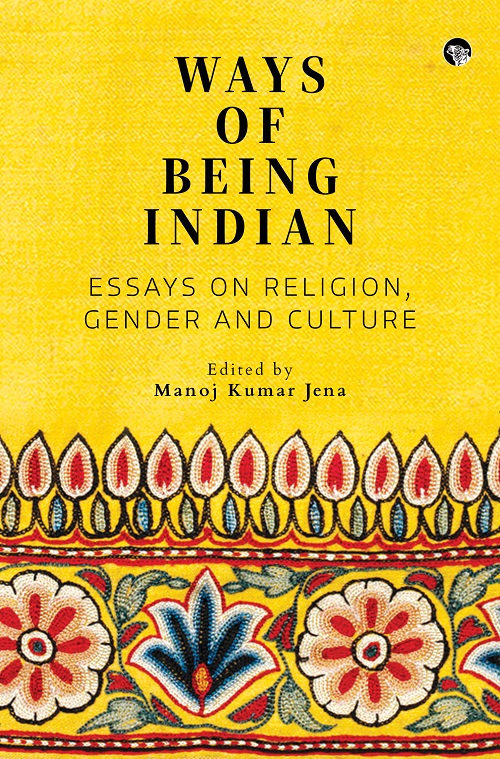WAYS OF BEING INDIAN ESSAYS ON RELIGION, GENDER AND CULTURE
Manoj Kumar Jena is professor and Chairperson at the Centre for the Study of Social Systems, School of Social Sciences, JNU, New Delhi. His areas of research include sociology of science and technology, digital technology studies, media and cultural studies, social theory, ritual and marginal studies. Prof Jena has multiple publications in the form of books, chapters, and research articles in Scopus, Web Science and multiple UGC approved peer- reviewed journals. Recently, he has edited a volume titled Sociology of Covid 19 Pandemic in India: Education, Digital Divide, Work and Wellbeing. ... Read more Read less
Identity formation in non-western societies involves paradox, as doctrines are frequently overridden by actual practices. The essays in this volume discuss different ways in which identities are constructed in unique ‘Indian’ contexts.The emergence of deras in Punjab reflects how continuing caste inequality and divergence over spiritual leadership has affected the egalitarian spirit of Sikhism, contradicting a basic feature of the faith—the tradition of common worship. In the matrilineal Khasi community, men—looking to gain equal inheritance rights—use arguments of ethnic purity and indigenous rights to downsize women’s autonomy and undermine the commanding socio-economic position that their own tradition gives them.
For male sex-workers, their profession, paradoxically, becomes a means of sexual autonomy in the otherwise heteronormative world that they inhabit. A different kind of paradox marks the social lives of many Indian women: in Assam for instance, celebration of menstruation coexists with prohibition on menstruating women’s entry into temples and participation in auspicious events.
Workplace violence exemplifies how private biases infiltrate public spaces, reinforcing traditional marginalities, undeterred by legal safeguards. Similarly, the plight of indentured plantation workers in Malaysia demonstrates the operation of traditional patriarchy inside a foreign and highly sequestered workspace of plantations—within these spaces, women experience ‘double marginalization’. And the government and middleclass response to the COVID-19 pandemic across India demonstrated the persistence of traditional biases which perpetuate inequality and oppression in the world’s largest democracy.
Comprising these and other discussions on the everyday lived realities of individuals and communities in India and the Indian diaspora, Ways of Being Indian is a remarkable, eye-opening collection.











